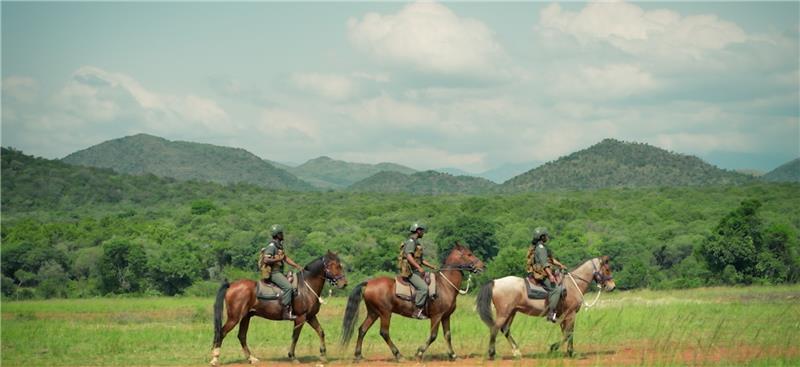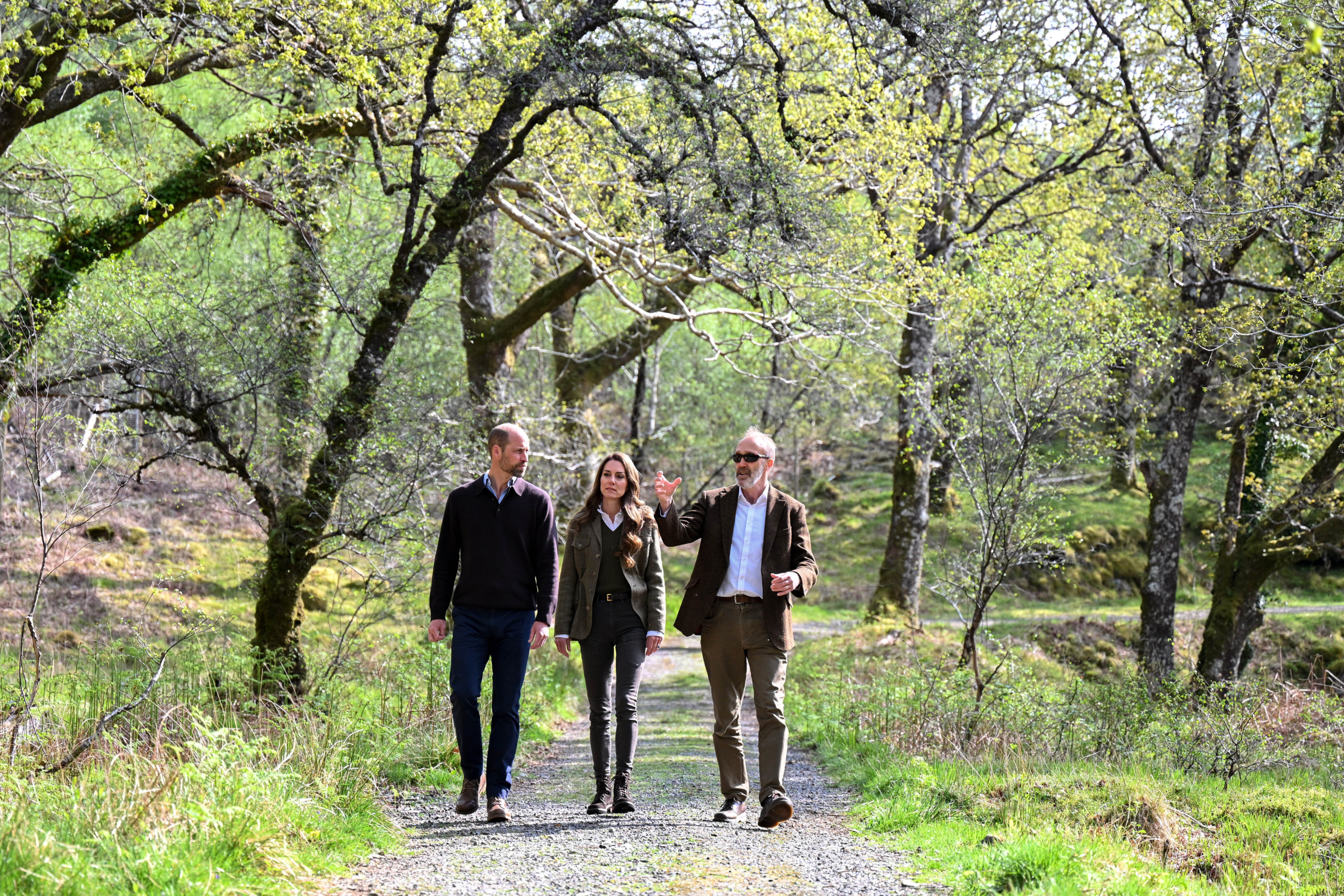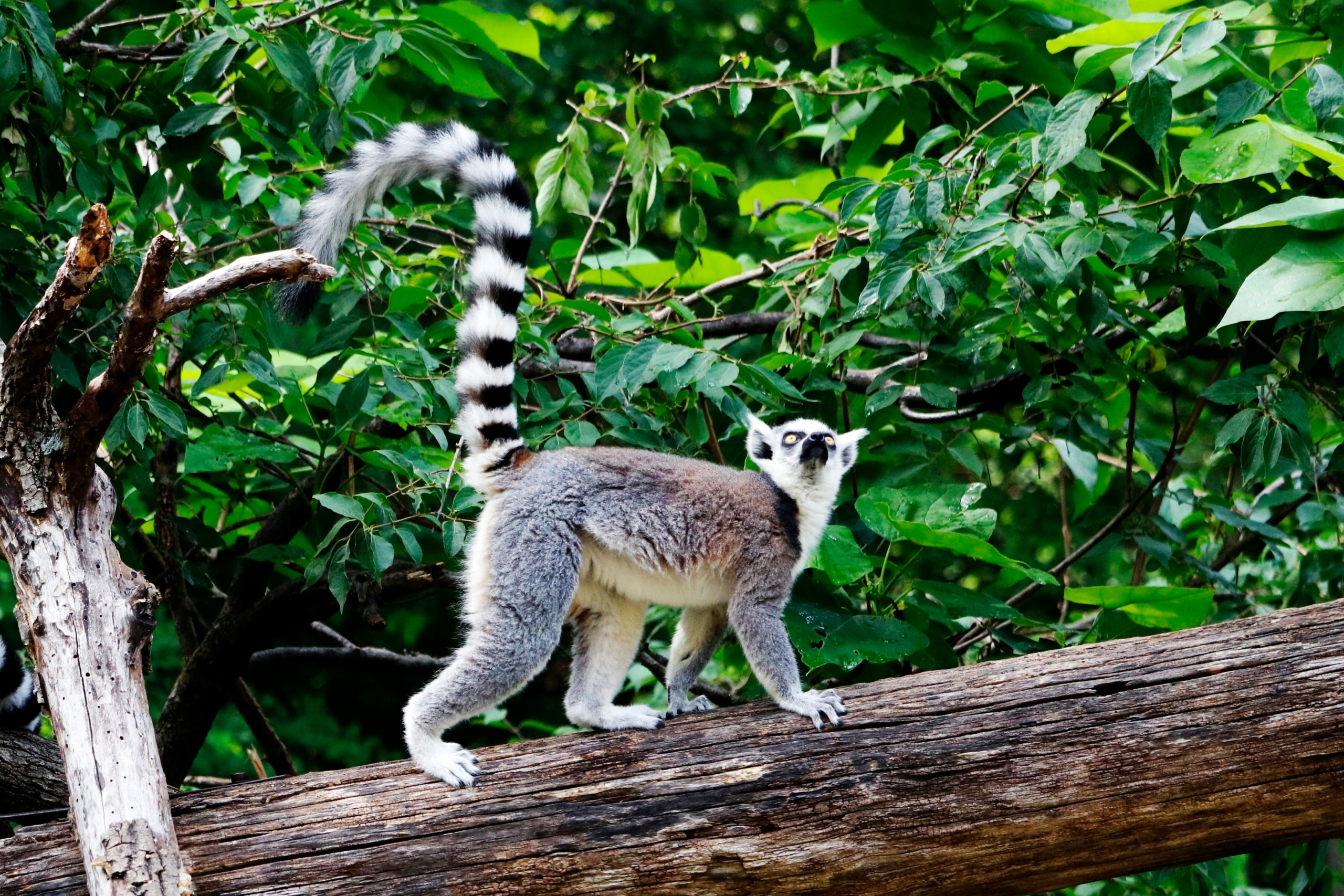
Following the launch of our Latin America and Caribbean Chapter, United for Wildlife Chairman Lord William Hague writes for El Tiempo on how Latin America and the Caribbean fit into the global context of the illegal wildlife trade.
The story of the illegal wildlife trade is often one of Africa and Asia, of supply and demand, of rhino horn and traditional medicine.
In truth, the illegal wildlife trade is an even bigger problem than that, and it is a major threat in Latin America. Wildlife trafficking is one of the four most significant international organised crimes alongside the trafficking of humans, drugs, and weapons. Wildlife crime is often regarded as a low risk, high reward enterprise worth up to $20bn USD a year to syndicates around the world that puts communities, biodiversity, and our planetary health at risk.
Latin America and the Caribbean represent one of the world’s most biodiverse regions. It therefore comes as no surprise that the region is a major target for the illegal wildlife trade. Colombia specifically is a source, transit hub, and destination for live wildlife and wildlife derivatives trafficked across the region, including birds, reptiles, amphibians, big cats, aquarium fish, and primates. Both live animals and their parts most often exit the country to destinations in the United States, Europe, and Asia by air, both in cargo and smuggled by passengers.
Illegal trade is regularly hidden behind seemingly legitimate fronts, including pet stores, breeding facilities and online retailers. Reptiles for example, are prized for their skins, producing exotic leather for fashion items. Recent arrests in Colombia have shown reptile skin traffickers attempting to evade both environmental protections and customs and imports duties by smuggling finished goods like bags and shoes to their destination markets, with even known branded products being seized due to illegal and unsustainable practices.
These criminals are often hidden in plain sight, backed by an international, highly organised criminal architecture. Defeating such a pervasive, worldwide crime requires a global, organised response, with root and branch intelligence sharing between front-line conservationists all the way up to national governments and international organisations. The private sector in particular has a vital role to play in bringing this heinous trade to an end through the disruption of supply chains and supporting financial investigations.
Founded by Prince William and The Royal Foundation in 2014, United for Wildlife aims to organise and convene these multilateral stakeholders to make it impossible for traffickers to transport, finance, or profit from illegal wildlife products.
Following Colombia demonstrating its commitment to ending the illegal wildlife trade by becoming the first country to sign up as a United for Wildlife member last year, this week, we are launching our Latin America Chapter in Santa Marta. The Chapter will bring together leading figures from government, civil society, law enforcement and the private sector from across Latin America to unify and support a regional approach to address the illegal wildlife trade.
The importance of this work cannot be understated. Latin America alone is home to 40% of the world’s biodiversity and almost a quarter of the planet’s most endangered species. Beyond their intrinsic right to exist, flora and fauna are key lynchpins of the natural world upon which we all depend. However, in some areas of the region, as much as 94% of wildlife has disappeared since 1970 due to habitat loss, deforestation, human wildlife conflict, and increasingly, the illegal wildlife trade.
We are making progress. Through our Transport and Financial Taskforces, United for Wildlife has supported over 500 arrests, nearly 300 seizures of illegal wildlife products, and the training of over 100,000 people to target and tackle wildlife crime. The will is there to make a difference and bring down this destructive trade for good. By working together, we can find the way.





